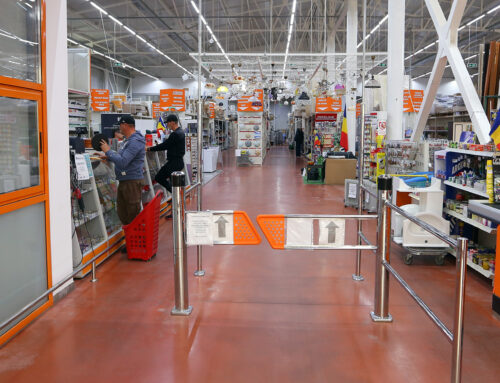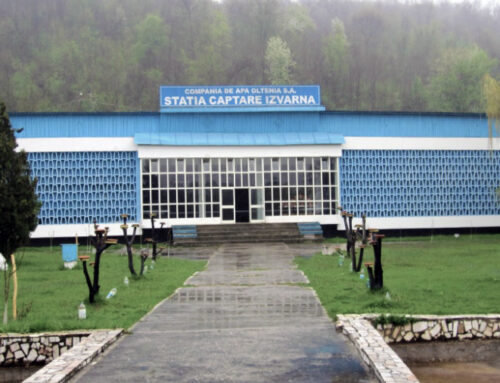
Romania has a long history in the hydrocarbon industry. Here, Răzvan-Eugen Nicolescu, former Minister of Energy and current Chair of the Administrative Board of the Agency for the Cooperation of Energy Regulators (ACER), discusses Romania’s increasingly diverse energy mix, plans to export power to Moldova and the ambition for complete energy independence.
European Times: How would you characterise the current investment environment in the energy sector?
Răzvan-Eugen Nicolescu: Romanian energy companies are currently trying to identify partners and create joint venture projects. In order to attract investors, Romania offers a predictable and favourable investment regime. There is a very competitive business environment in this sector, where several multinational companies like Exxon Mobil, Chevron, GDF SUEZ and E.ON are already well established.
European Times: What is the ministry’s focus in the short to medium term?
Răzvan-Eugen Nicolescu: Romania is one of the most energy-independent countries in Europe as a net exporter of power, although it must import oil and some of its gas (we are the third most energy independent country in the European Union, after Denmark and Estonia). We are encouraging investment in the oil and gas sector. Our major goal is to become energy independent, which implies becoming more energy efficient, as well as increasing oil and gas production. Exxon Mobil has already made a gas discovery in the deep offshore of the Black Sea.
European Times: To what extent can current midstream infrastructure support your export goals?
Răzvan-Eugen Nicolescu: Romania’s energy sector needs about €100 billion worth of investment in power, oil and gas production, mining and related infrastructure by 2035 to be more self-sufficient. Romania plans to build a new pipeline to transport future gas output from the Black Sea. We want to invest about 230 million euros to link the coast in the east with its existing gas grid. The government will seek to tap EU funds to cover part of the cost of the construction, which will start in 2017. We have also been trying to sell power produced in Romania on the Moldovan market, but Romania needs to increase its interconnection capacity. We have met the threshold established by the European Union but we plan on going even further.
European Times: What are your plans for the future of the Energy sector?
Răzvan-Eugen Nicolescu: The most important thing is to keep a balanced energy mix in Romania. We currently have a really good mix between renewable energy, coal, gas, and oil.




